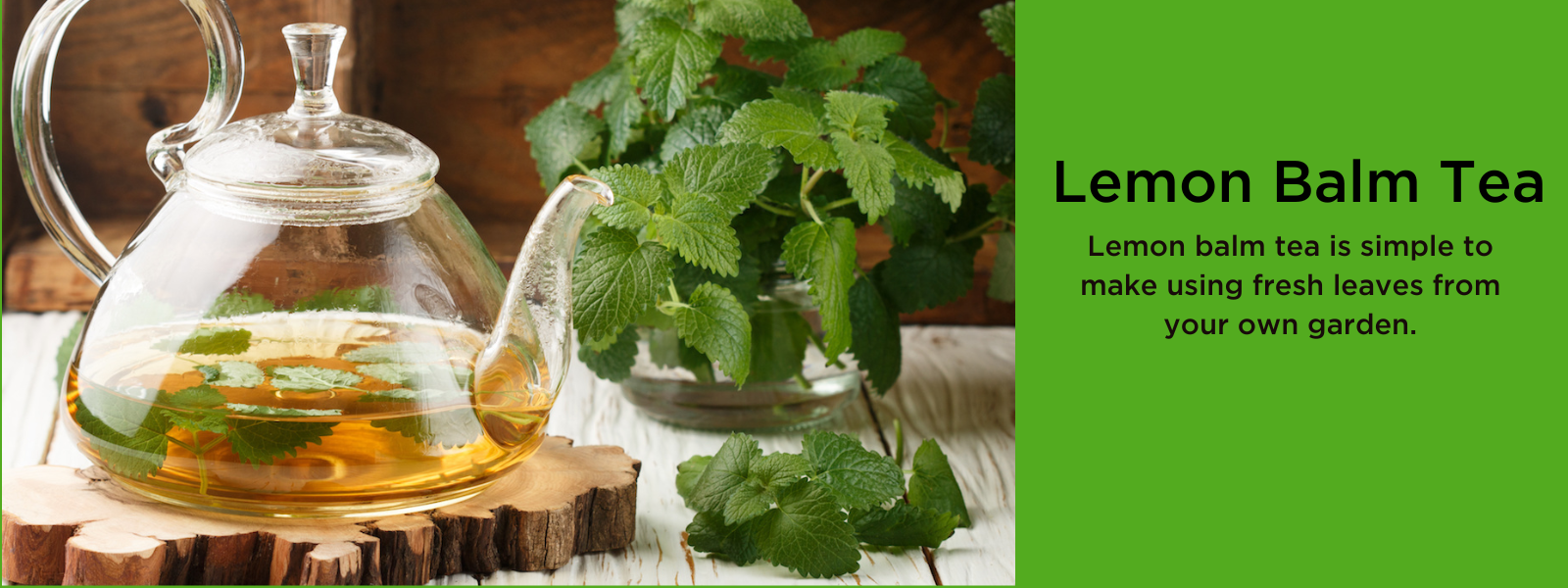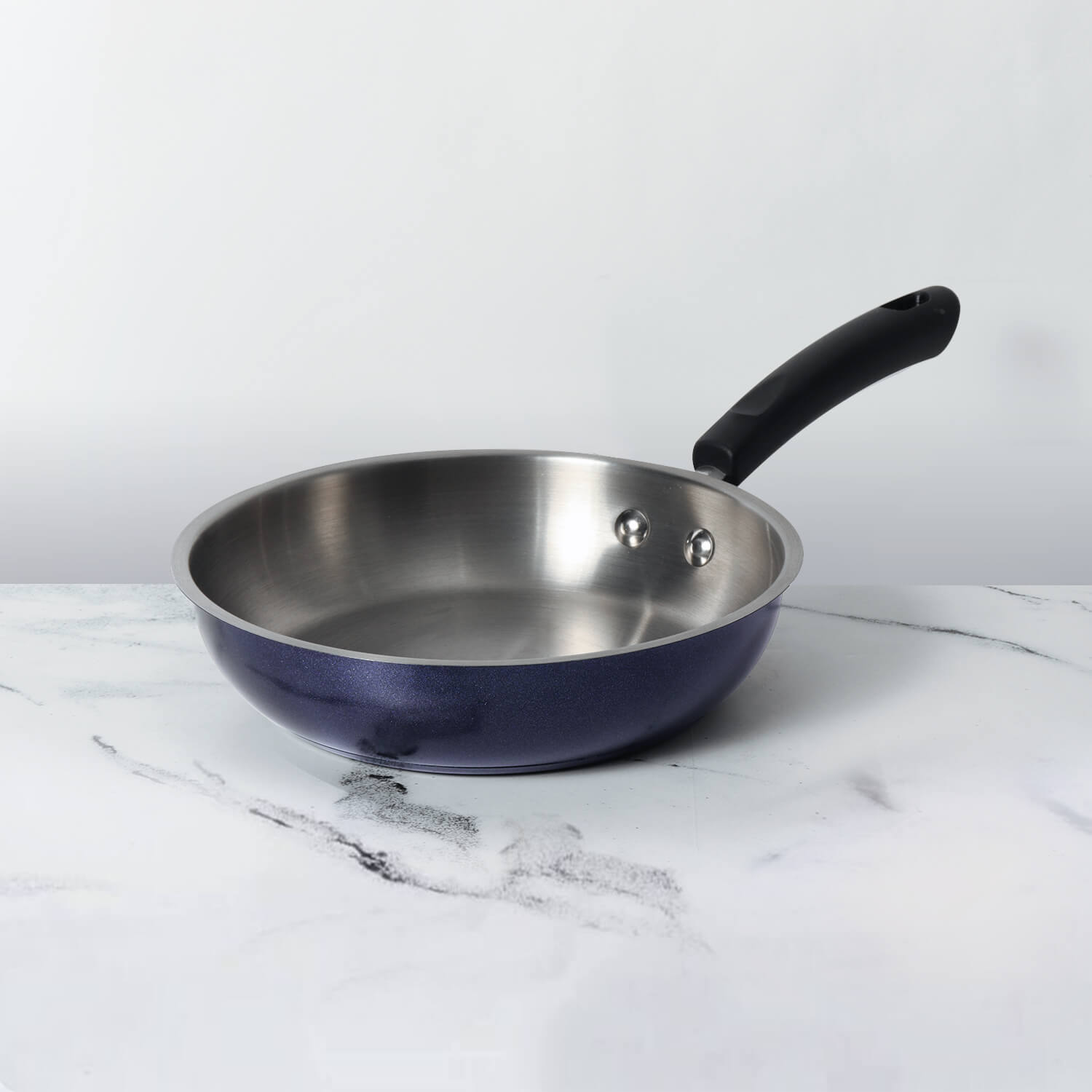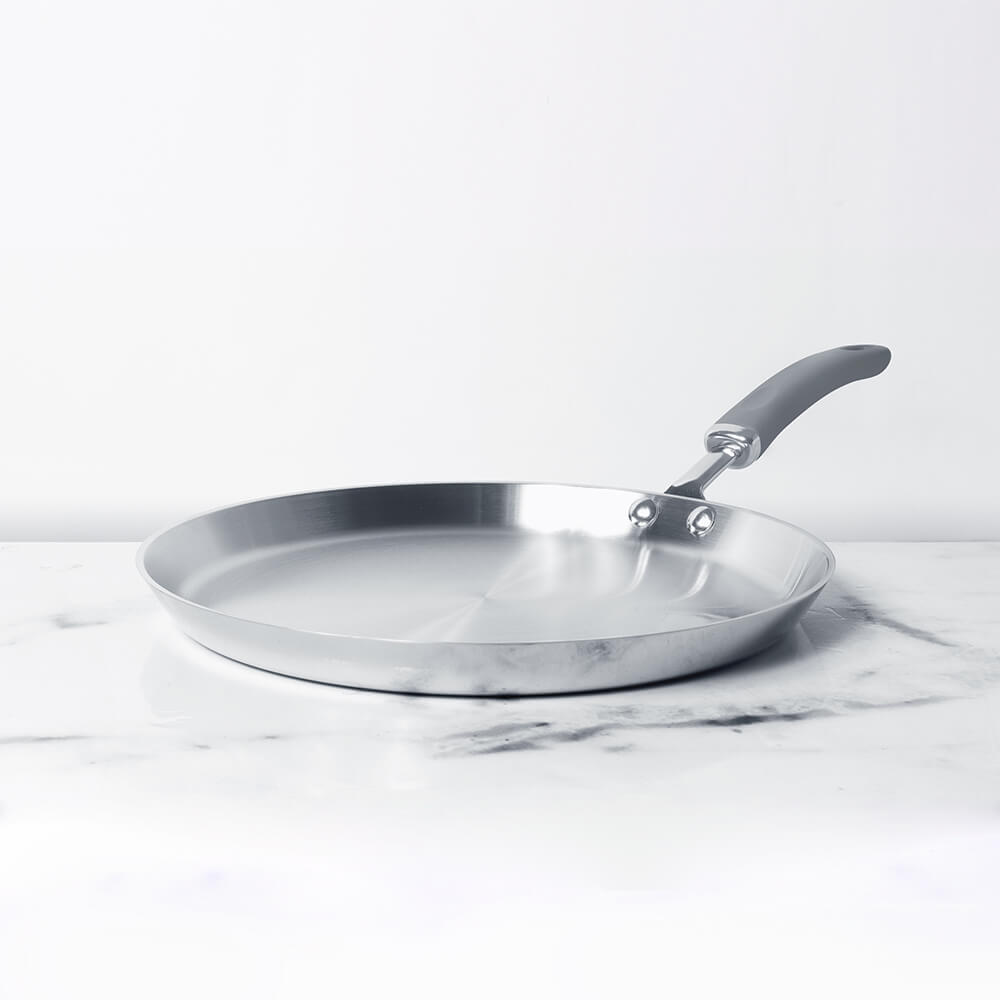Lemon balm, with its refreshing citrus aroma and subtle lemon flavor, emerges as a potent agent for gut healing, adding a revitalizing twist to wellness. Known for its anti-inflammatory and antioxidant properties, lemon balm has been traditionally used to alleviate digestive discomfort and promote a balanced gut environment. This herb is believed to soothe the digestive tract, easing issues like bloating and indigestion. Lemon balm may also exhibit mild sedative effects, potentially reducing stress and anxiety that can impact gut health. Incorporating this herb into teas, infusions, or even as a culinary addition to salads and dishes provides a pleasant means to enhance digestion and foster overall well-being. With its gentle yet impactful nature, lemon balm stands out as a natural and flavorful ally in the journey towards a healthier, harmonious gut.
Lemon balm, with its refreshing citrus aroma and subtle lemon flavor, emerges as a potent agent for gut healing, adding a revitalizing twist to wellness. Known for its anti-inflammatory and antioxidant properties, lemon balm has been traditionally used to alleviate digestive discomfort and promote a balanced gut environment. This herb is believed to soothe the digestive tract, easing issues like bloating and indigestion. Lemon balm may also exhibit mild sedative effects, potentially reducing stress and anxiety that can impact gut health. Incorporating this herb into teas, infusions, or even as a culinary addition to salads and dishes provides a pleasant means to enhance digestion and foster overall well-being. With its gentle yet impactful nature, lemon balm stands out as a natural and flavorful ally in the journey towards a healthier, harmonious gut.
Table of Contents
What Is Lemon Balm?
Lemon balm (Melissa officinalis) is a fragrant herb belonging to the mint family (Lamiaceae). Native to Europe, North Africa, and West Asia, it is now widely cultivated around the world for its culinary, medicinal, and aromatic properties. The plant is characterized by its bright green, serrated leaves that emit a distinct lemon fragrance when crushed. Lemon balm is valued for its calming effects and has been traditionally used in herbal medicine to address various ailments, including stress, anxiety, and digestive issues.
In terms of culinary uses, lemon balm can be infused in teas, added to salads, used as a garnish, or incorporated into various dishes to impart a subtle lemon flavor. Medicinally, it is often included in herbal remedies to alleviate digestive discomfort, promote relaxation, and contribute to overall well-being.
Lemon balm contains compounds such as rosmarinic acid, flavonoids, and essential oils, which are believed to contribute to its health benefits. It's important to note that while lemon balm is generally considered safe, individuals should exercise caution, particularly if pregnant, nursing, or taking medications, and it's advisable to consult with a healthcare professional before incorporating it into their routine.
Uses Of Lemon Balm:
Lemon balm has a variety of uses, ranging from culinary to medicinal. Here are some common applications of lemon balm:
- Culinary Uses:
- Teas and Infusions: Lemon balm leaves can be used to make a soothing tea or infusion. The mild lemon flavor adds a refreshing element to the beverage.
- Salads and Dishes: Fresh or dried lemon balm leaves can be used as a culinary herb to flavor salads, sauces, marinades, and various dishes, imparting a subtle lemony taste.
- Medicinal Uses:
- Calming and Relaxation: Lemon balm is known for its calming properties and has been traditionally used to alleviate stress and anxiety. It may help promote relaxation and improve mood.
- Digestive Aid: The herb is believed to have digestive benefits, helping to relieve indigestion, bloating, and other mild digestive issues. It is sometimes used to ease discomfort in the gastrointestinal tract.
- Sleep Aid: Due to its calming effects, lemon balm is sometimes used to promote better sleep and alleviate mild insomnia.
- Topical Applications: Infused in oils or creams, lemon balm may be applied topically to soothe skin irritations, such as insect bites or cold sores.
- Aromatherapy:
- The essential oil derived from lemon balm is used in aromatherapy to promote relaxation and reduce stress.
- Herbal Remedies:
- Lemon balm is often included in herbal remedies and supplements designed to support overall well-being, particularly in addressing stress-related issues.
The Gut-Healing Abilities Of Lemon Balm:
Here's a detailed exploration of how lemon balm can provide a refreshing twist to wellness by supporting gut health:
- Anti-Inflammatory and Antioxidant Properties:
- Lemon balm contains compounds like rosmarinic acid and flavonoids, which possess anti-inflammatory and antioxidant properties. These properties may help reduce inflammation in the digestive tract, contributing to overall gut health.
- Calming Effects on the Digestive System:
- The herb is traditionally recognized for its calming effects on the digestive system. It may help ease common digestive issues such as indigestion, bloating, and gas. By promoting a relaxed digestive tract, lemon balm may contribute to improved digestion.
- Prebiotic Potential:
- Lemon balm contains fibers and compounds that may act as prebiotics. Prebiotics are substances that nourish beneficial bacteria in the gut, fostering a balanced and healthy gut microbiome. This, in turn, can positively impact digestion and overall well-being.
- Stress Reduction and Mood Improvement:
- Lemon balm has been historically used to reduce stress and anxiety. Stress can have a significant impact on digestive health, and by promoting relaxation, lemon balm may indirectly support a healthier gut environment.
Ways To Include Lemon Balm In Your Daily Routine:
Here are some suggestions on how to incorporate lemon balm into your routine for potential health benefits:
- Lemon Balm Tea:
- Prepare a soothing tea by steeping fresh or dried lemon balm leaves in hot water. This can be enjoyed throughout the day and may contribute to relaxation and stress reduction.
- Culinary Uses:
- Add fresh lemon balm leaves to salads, soups, or sauces to impart a subtle lemon flavor to your dishes. It can be used as a culinary herb similar to mint or basil.
- Infusions:
- Infuse lemon balm leaves in water to create a refreshing beverage. You can add other herbs like mint or a slice of lemon for added flavor.
- Herbal Tinctures or Extracts:
- Lemon balm tinctures or extracts are available and can be added to water or juice. Follow the recommended dosage on the product label or consult with a healthcare professional.
- Aromatherapy:
- Inhale the calming aroma of lemon balm essential oil through aromatherapy. Add a few drops to a diffuser or dilute with a carrier oil and apply to pulse points.
- Combine with Other Herbs:
- Combine lemon balm with other calming herbs like chamomile or lavender to enhance its stress-relieving properties.
- Herbal Baths:
- Add fresh or dried lemon balm leaves to your bath for a relaxing and aromatic experience. This can potentially contribute to stress reduction.
Lemon Balm Recipes For Better Gut Health:
Lemon balm can be a flavorful addition to recipes that may contribute to better gut health. Here are a few recipes incorporating lemon balm:
- Lemon Balm Infused Water:
- Ingredients: Fresh lemon balm leaves, water, ice cubes.
- Instructions: Infuse a pitcher of water with fresh lemon balm leaves. Allow it to sit in the refrigerator for a few hours or overnight. Serve over ice for a refreshing and hydrating drink.
- Lemon Balm and Berry Smoothie:
- Ingredients: Fresh or frozen berries, banana, plain yogurt, fresh lemon balm leaves, honey or maple syrup, ice cubes.
- Instructions: Blend berries, banana, yogurt, lemon balm leaves, and a sweetener of your choice until smooth. Add ice cubes for a cool and nutritious smoothie.
- Lemon Balm Salad Dressing:
- Ingredients: Olive oil, lemon balm leaves (chopped), lemon juice, Dijon mustard, honey, salt, and pepper.
- Instructions: Whisk together olive oil, chopped lemon balm leaves, lemon juice, Dijon mustard, honey, salt, and pepper. Drizzle this refreshing dressing over your favorite salads.
- Lemon Balm Pesto:
- Ingredients: Fresh lemon balm leaves, fresh basil leaves, garlic, pine nuts, Parmesan cheese, olive oil, salt.
- Instructions: In a food processor, blend lemon balm leaves, basil, garlic, pine nuts, and Parmesan cheese. Slowly add olive oil until you achieve the desired consistency. Use this pesto as a sauce for pasta, salads, or as a flavorful spread.
- Lemon Balm Iced Tea:
- Ingredients: Fresh lemon balm leaves, black or green tea bags, water, honey or agave syrup (optional).
- Instructions: Brew a pot of tea with fresh lemon balm leaves and your choice of tea bags. Let it cool, add sweetener if desired, and serve over ice for a soothing iced tea.
- Lemon Balm Yogurt Parfait:
- Ingredients: Greek yogurt, fresh berries, granola, fresh lemon balm leaves, honey.
- Instructions: Layer Greek yogurt with fresh berries and granola. Top with fresh lemon balm leaves and drizzle with honey for a delicious and gut-friendly parfait.











Leave a comment